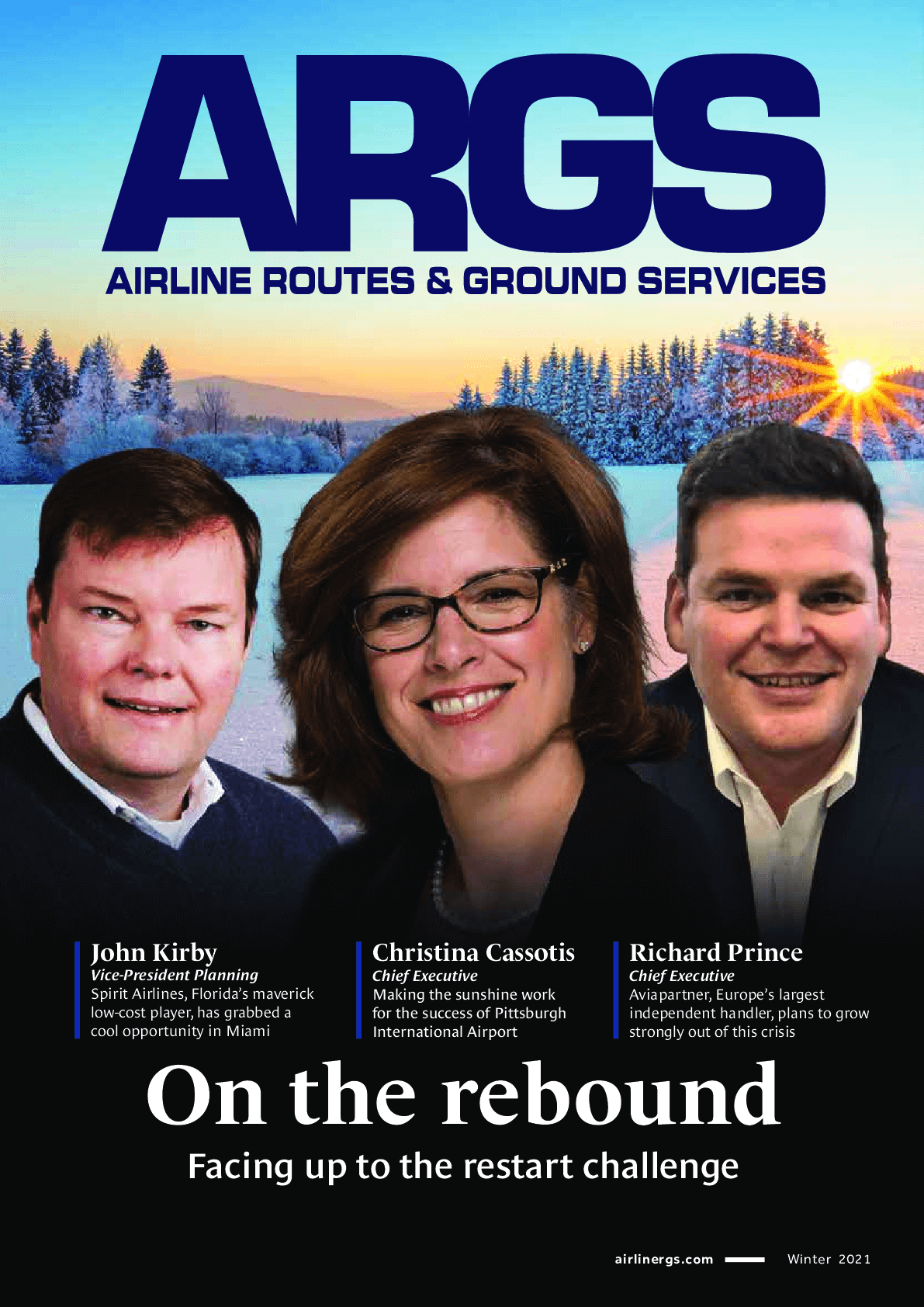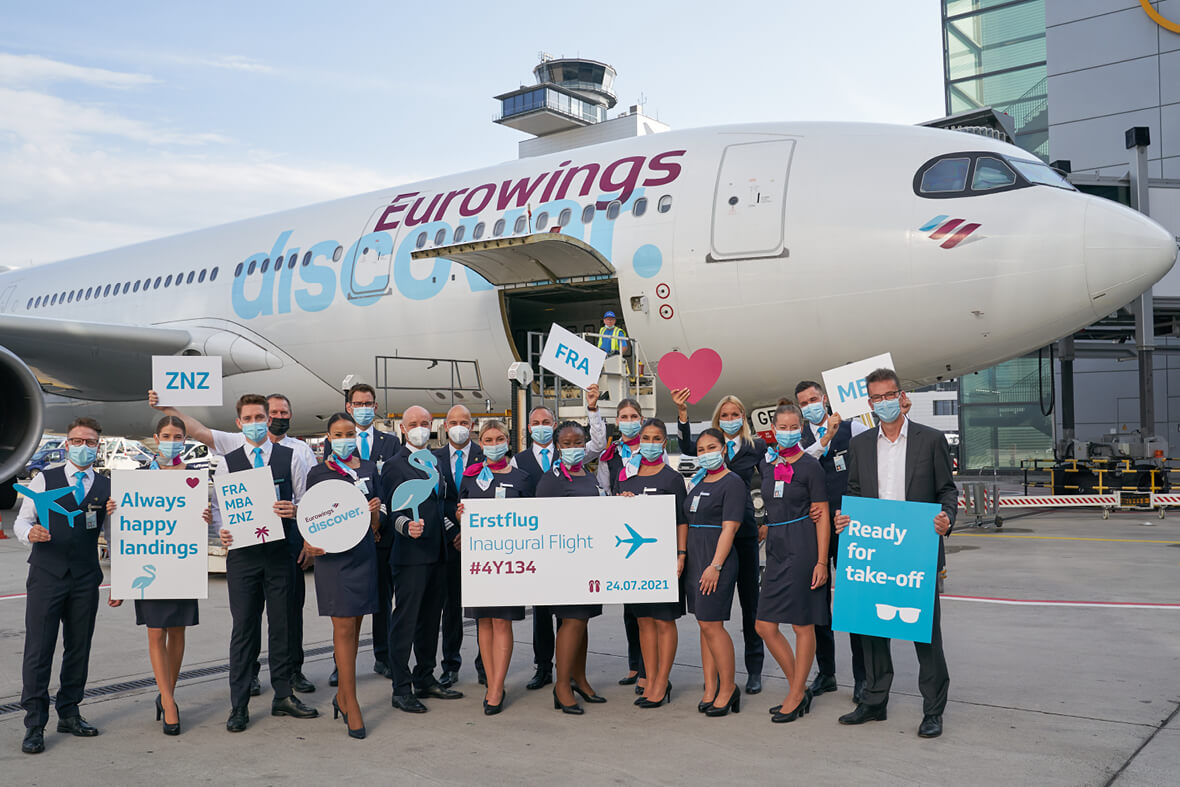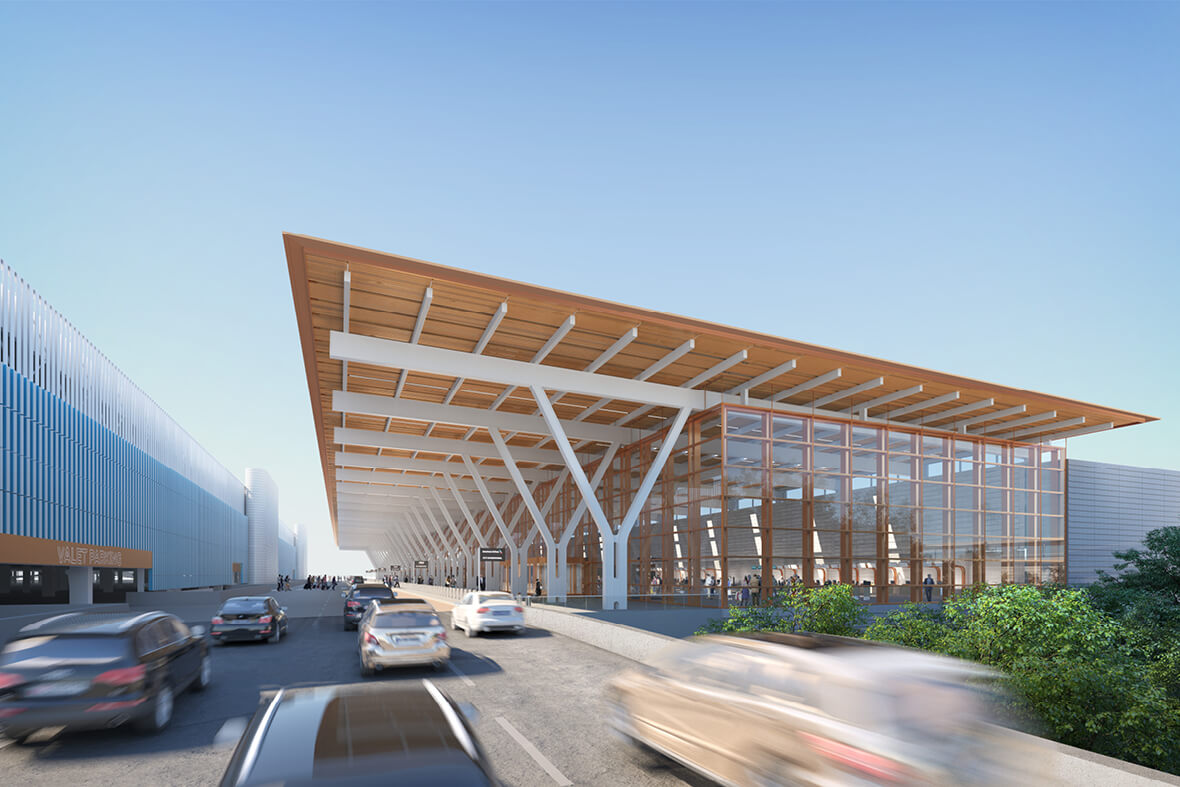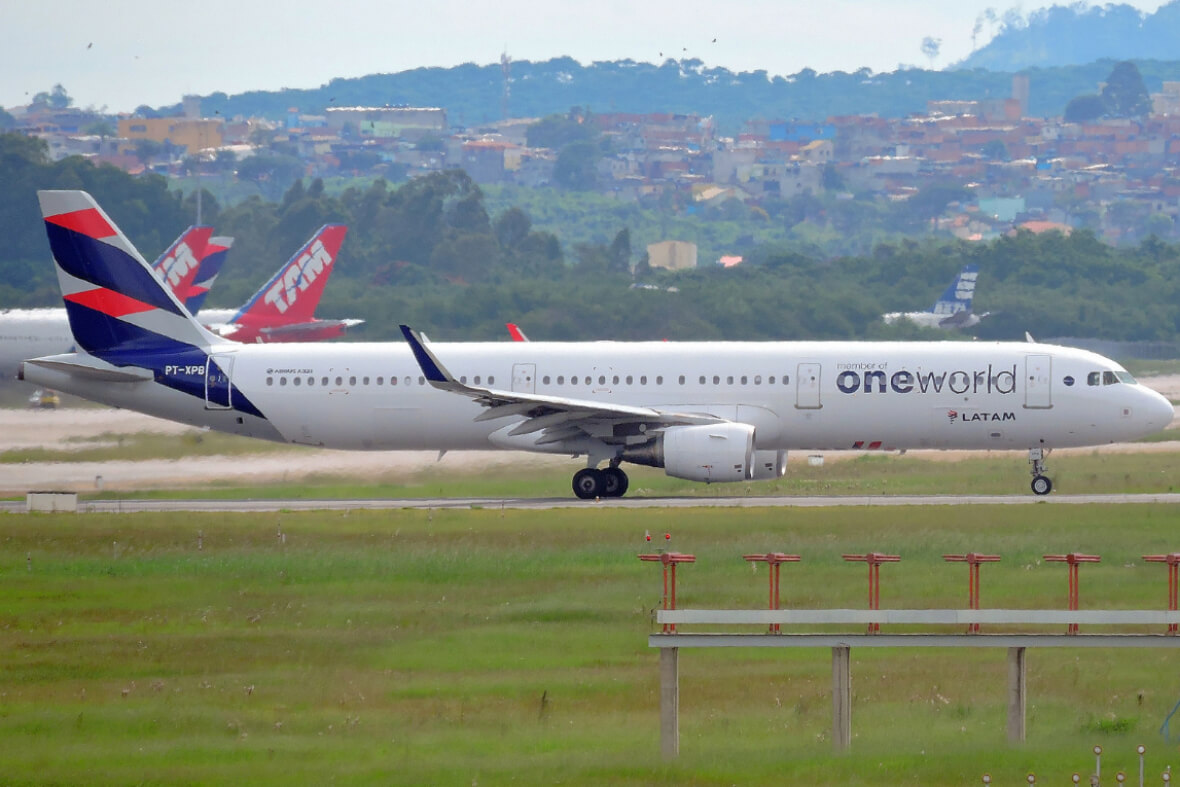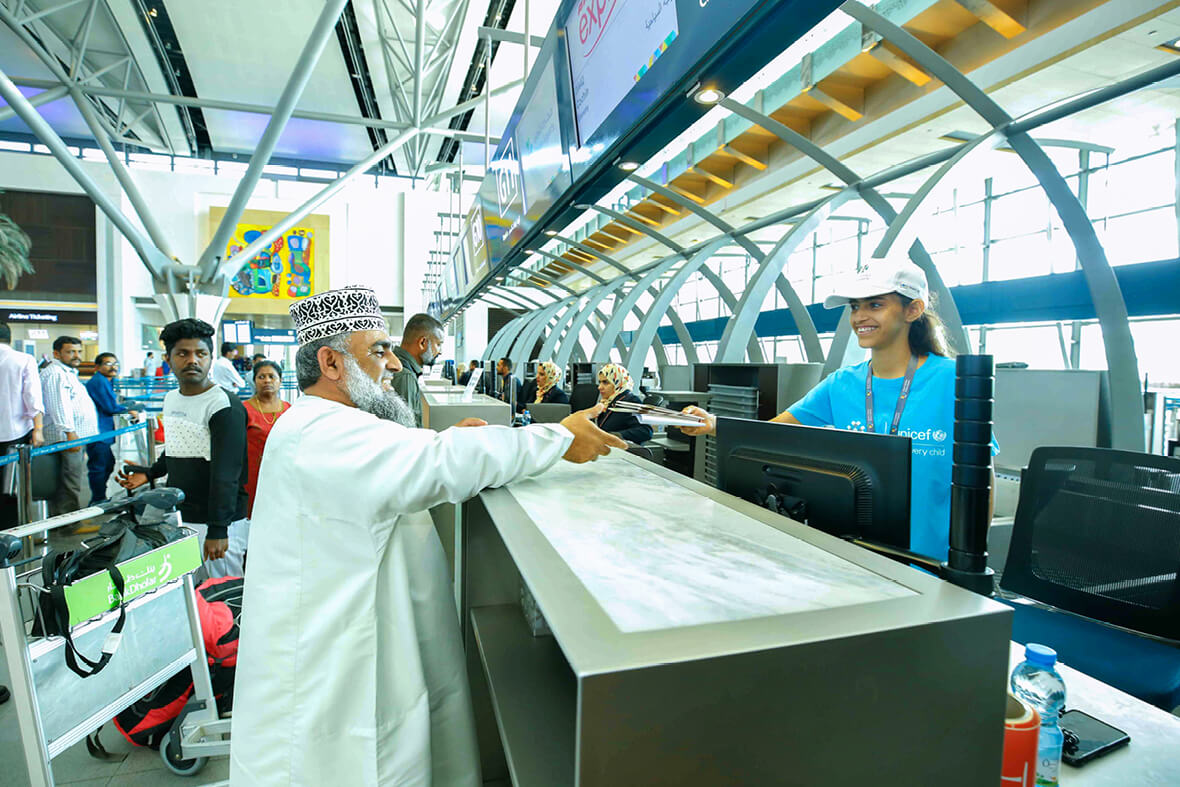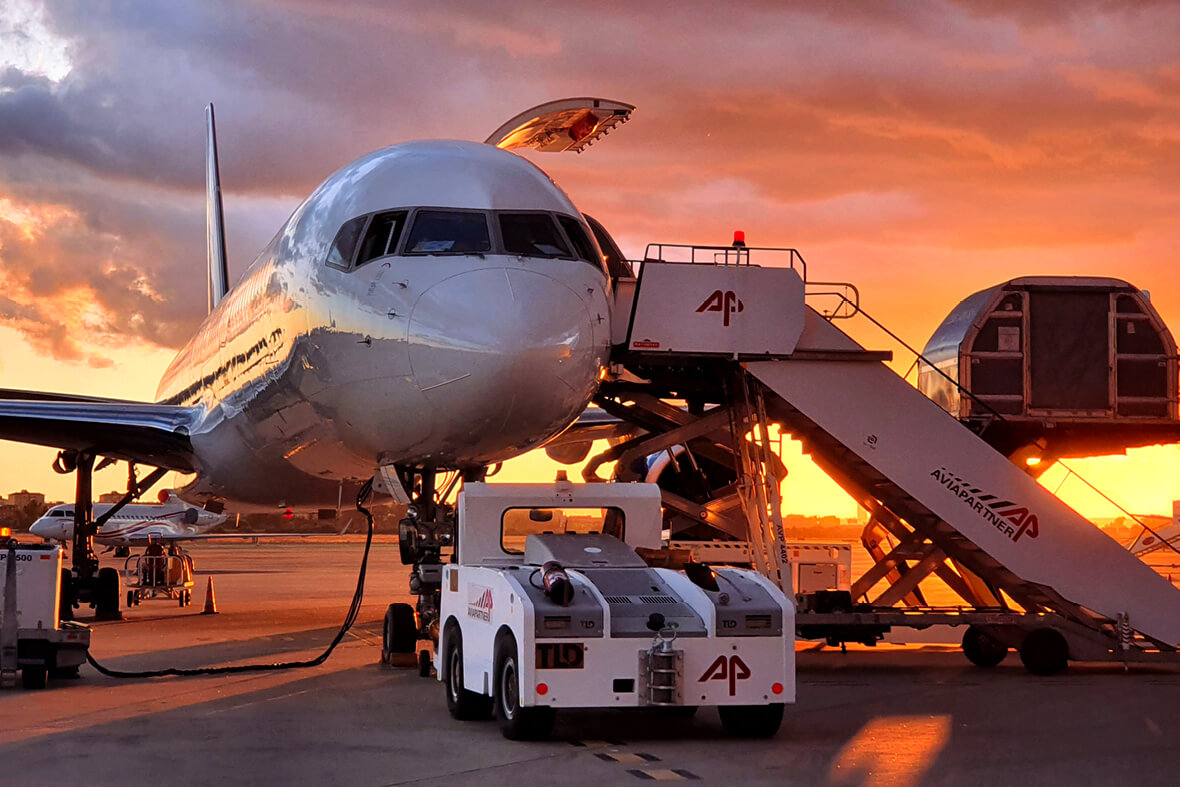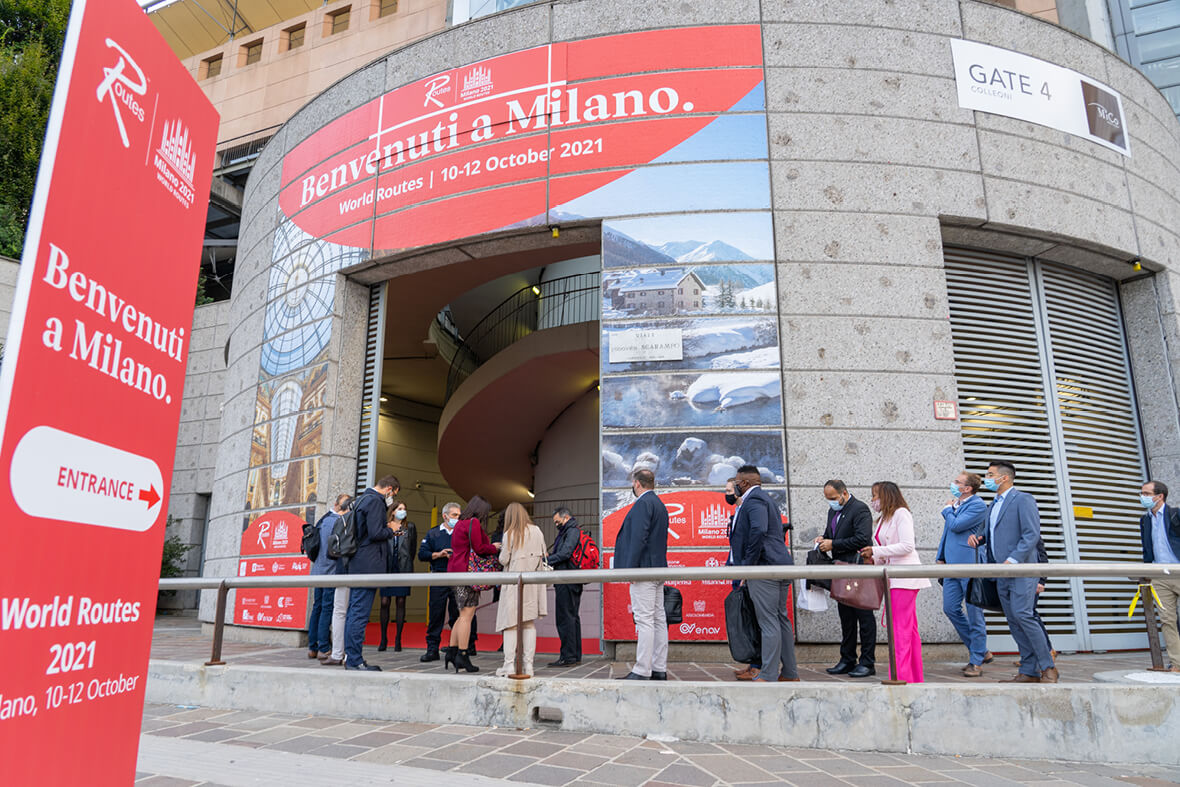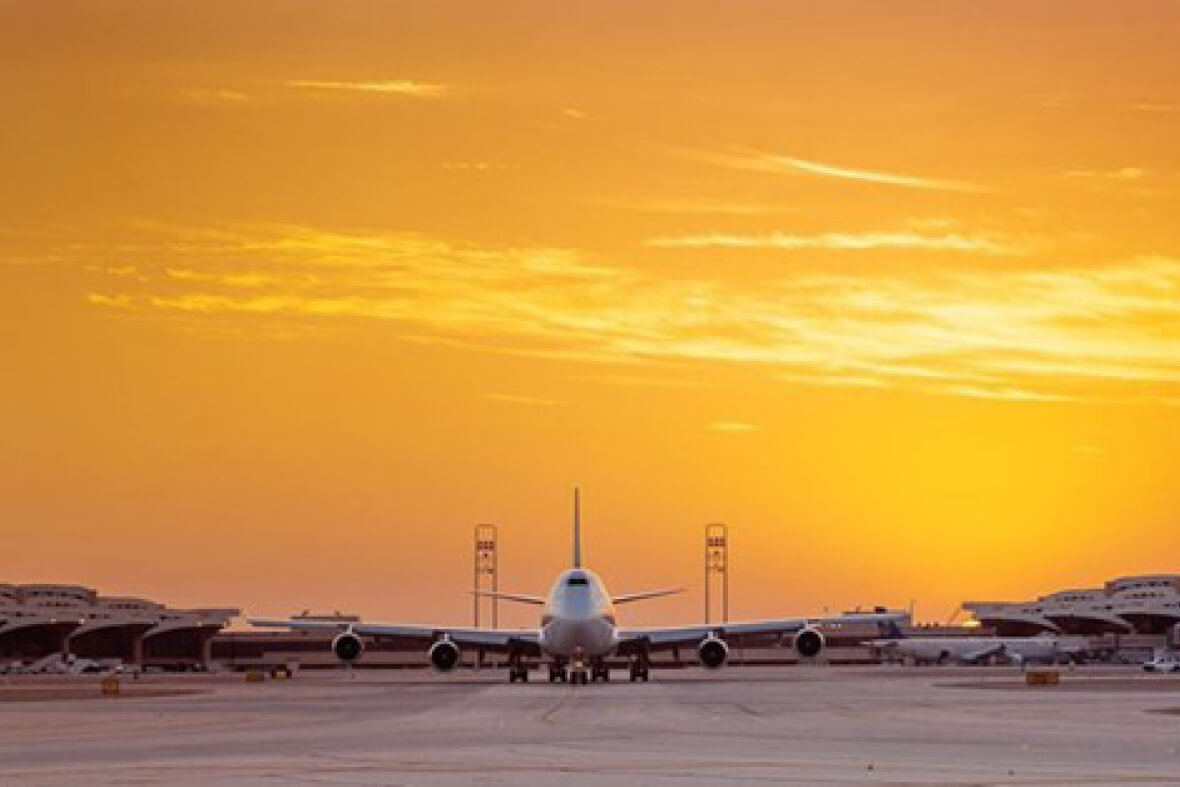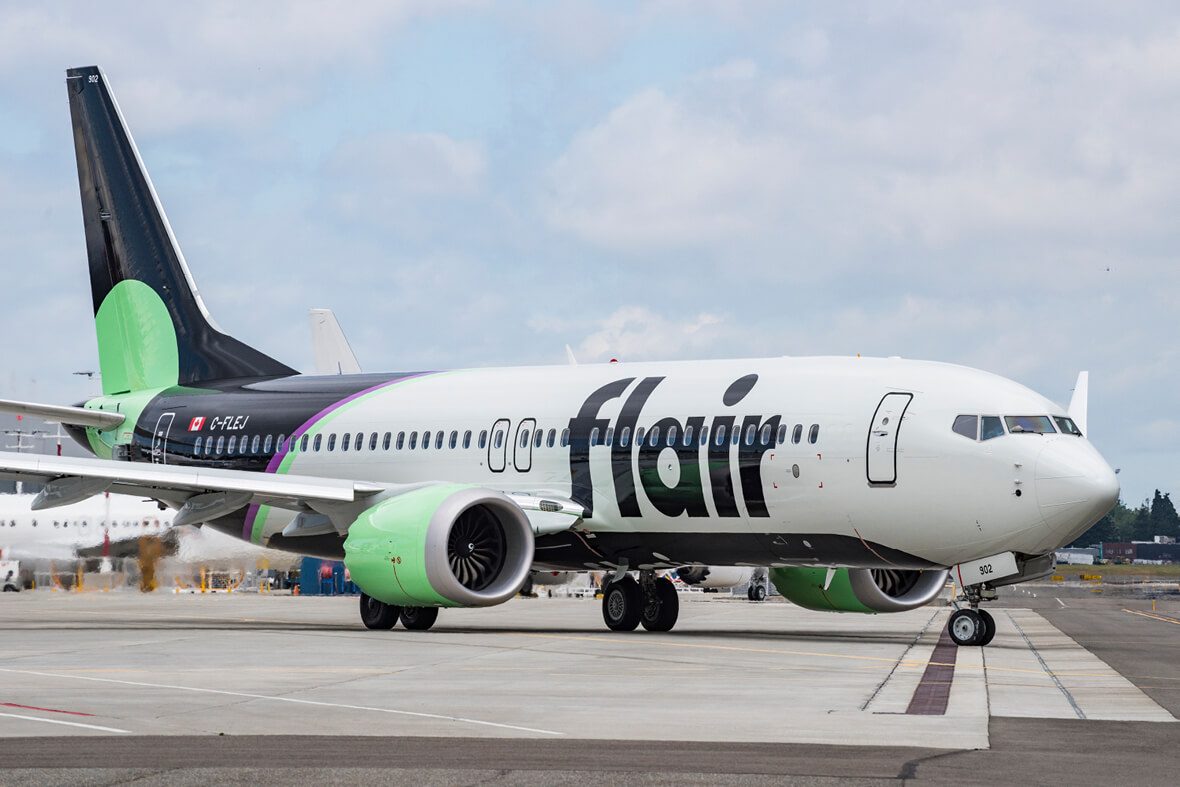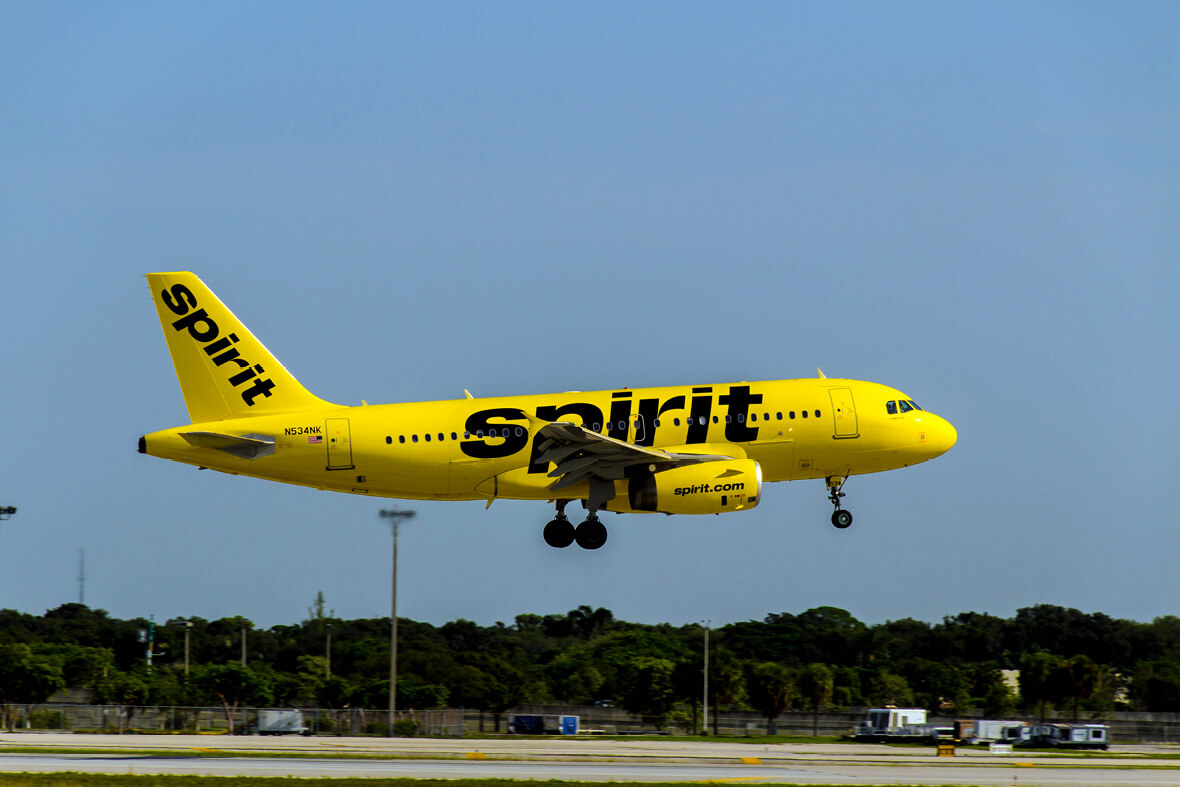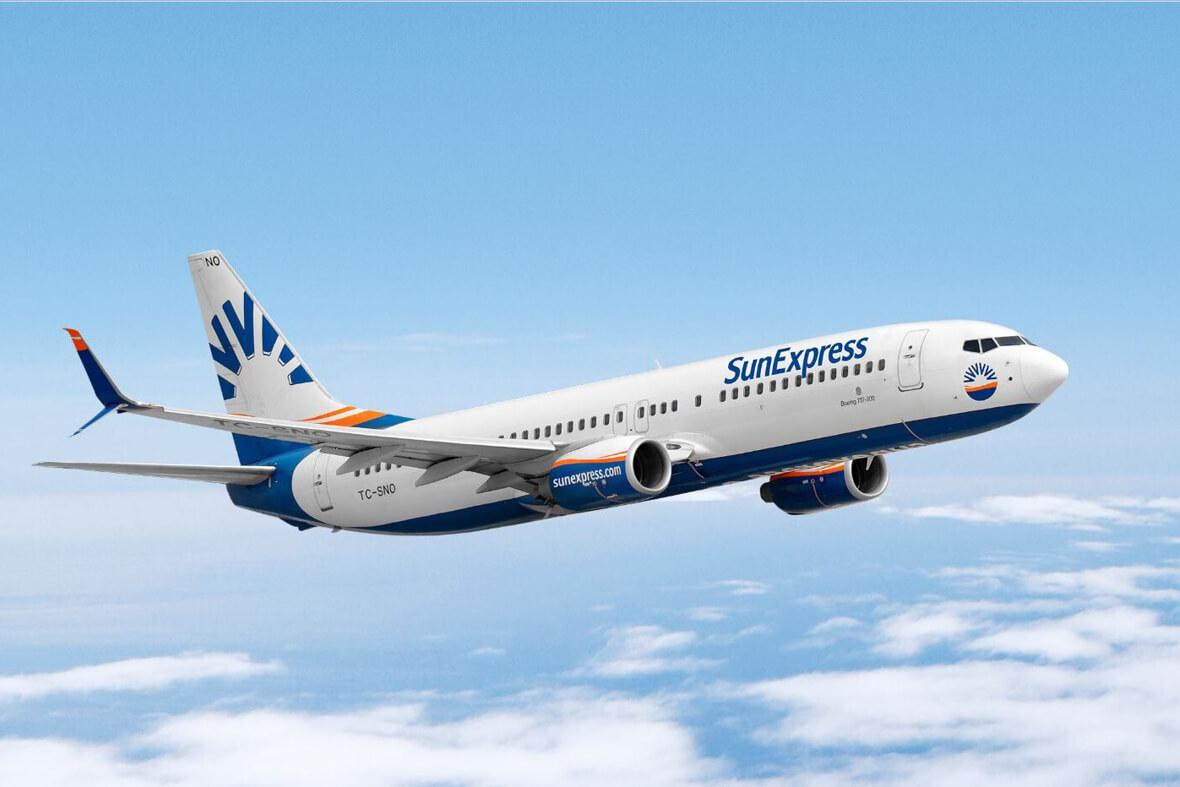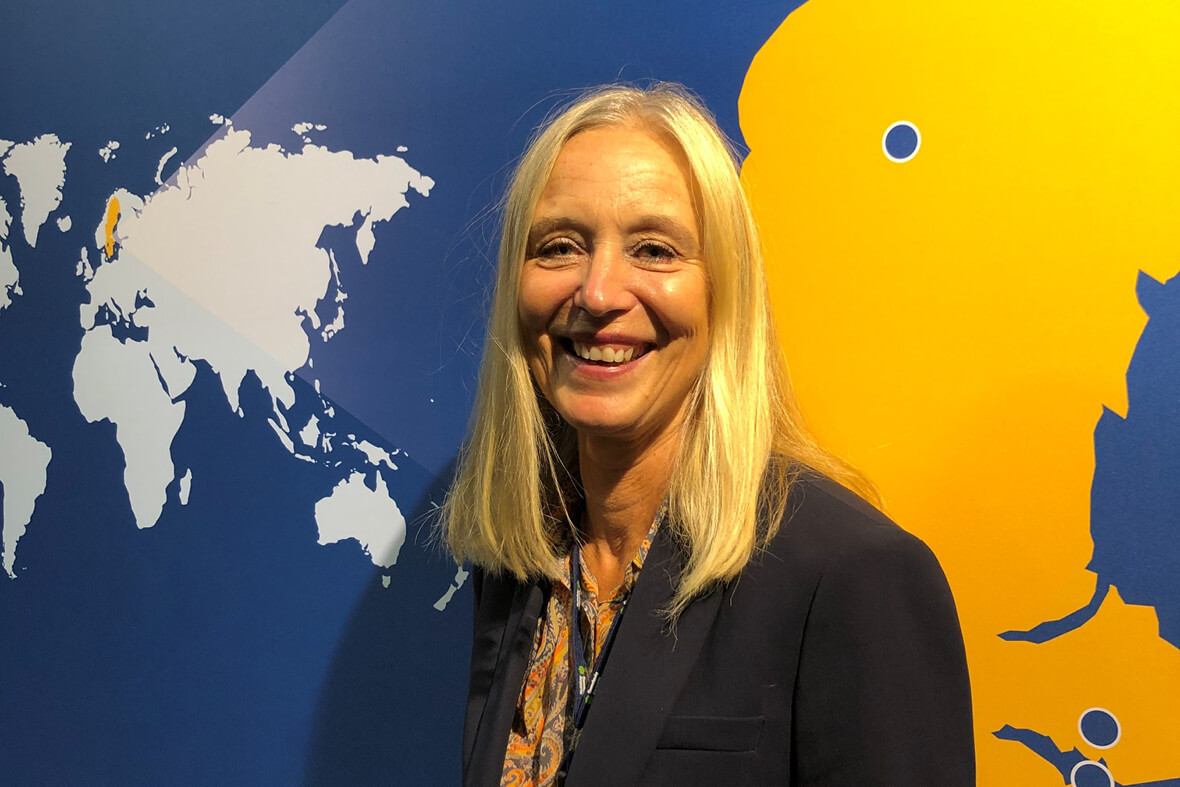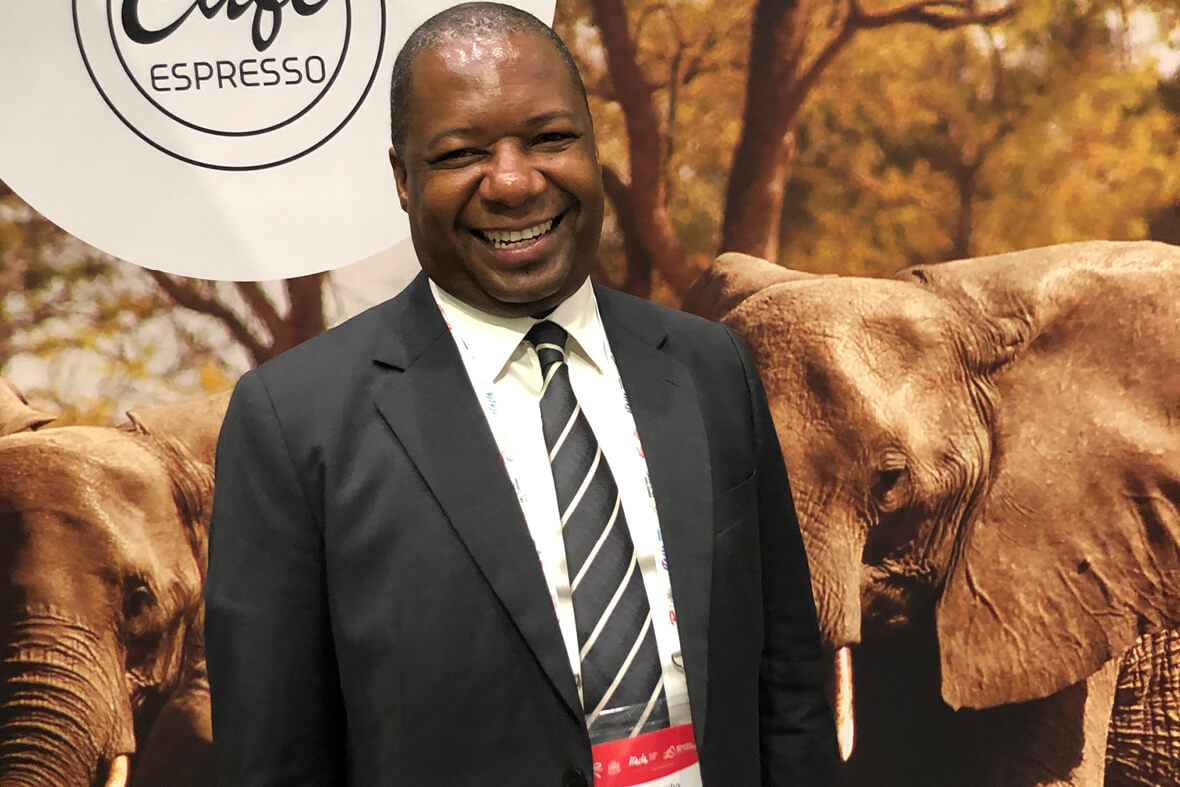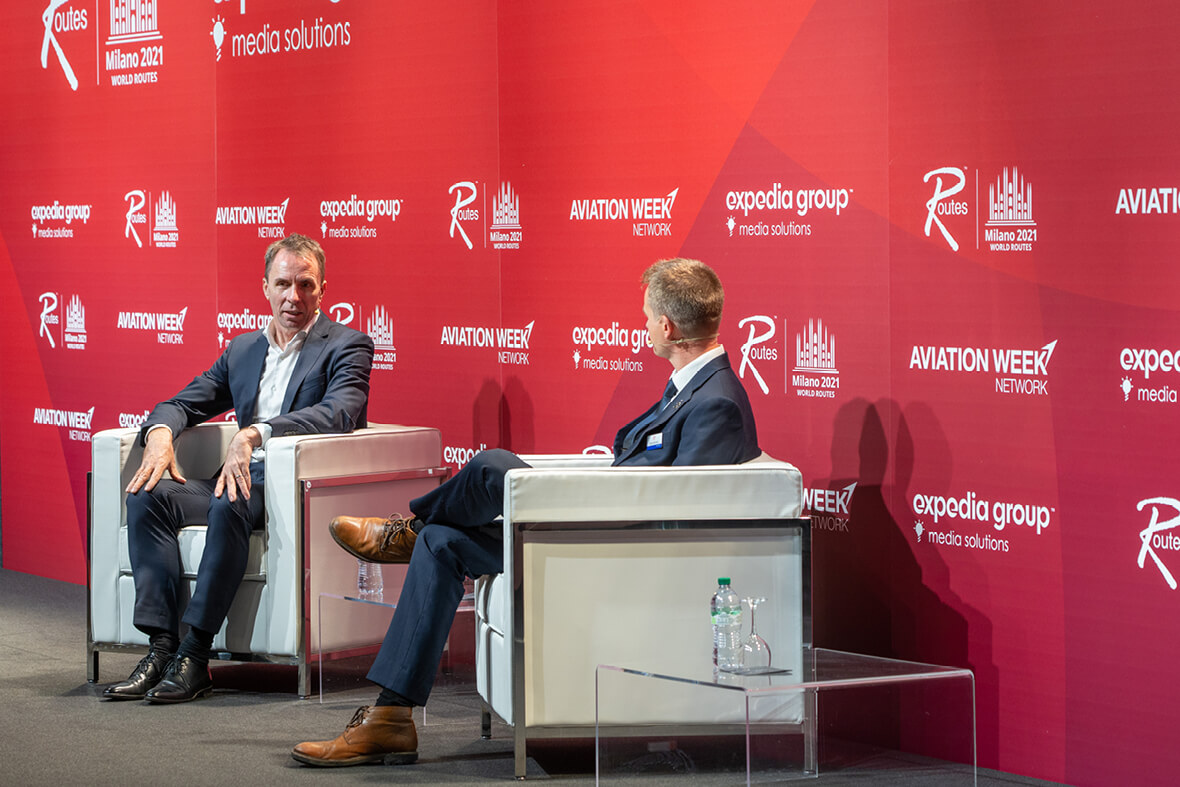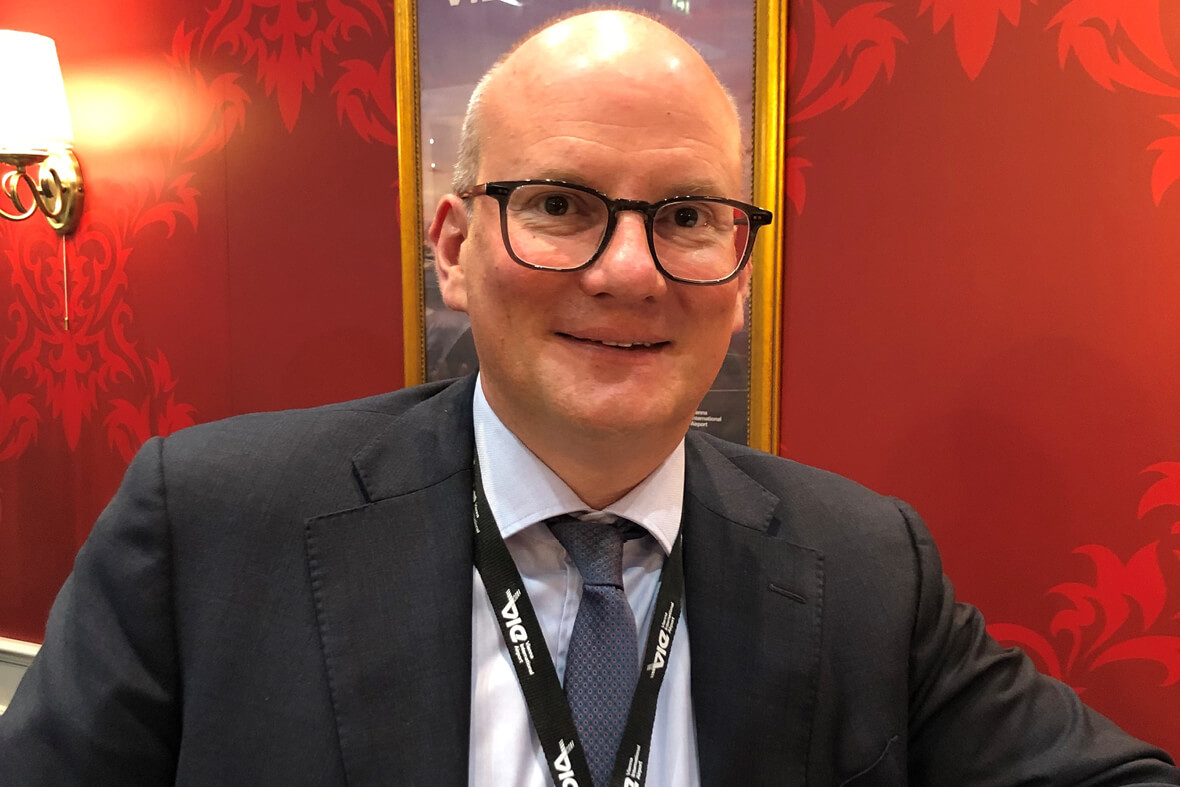For many of us over the past few weeks the world has opened again. You might have heard the nostalgic and reassuring clunk of the immigration officer’s passport stamp machine. The paperwork to begin travelling again is extraordinary, of course. It is confusing. And, yes, as the industry associations say, it restricts travel with sometimes dubious benefits other than keeping Covid-testing firms in business.
However, if you desired the face-to-face business opportunities afforded by World Routes in Milan, the IGHC meeting in Prague, the Dubai Airshow, or a handful of other in-person meetings, it was a price that had to be paid. For those who made the effort, and were allowed by their country’s travel policies, the rewards were ample. There was a feeling of ecstasy in meeting industry friends and colleagues for the first time in nearly two years. This global industry does not work well with digital interactions, does it? We simply do better business face to face.
Whether an airline, an airport or a ground handler, the story is all about working hard to ensure the sector rebounds as fast as possible, bearing in mind sustainability requirements. Richard Prince, the chief executive of leading European handler Aviapartner, put it well in his interview with ARGS for this issue when he said: “It doesn’t matter what 2019 was. It is about managing the situation we have in front of us today.”
As Prince noted, there is a very real issue of attracting staff back to aviation following the pandemic, with many lured away by industries that offer better pay and conditions. This was also a concern flagged by IATA’s director of ground operations Monika Mejstrikova at the IGHC in Prague; however, there are no easy solutions. Some airlines have been frustrated by a sluggish ramp-up by their airport and handling partners as they seek a swift return of service as soon as there is demand.
That demand has arrived fast in some countries with large domestic markets such as China, the US, Saudi Arabia and Russia. International demand has lagged; although the US unlocking of transatlantic travel restrictions to Europe in early November will help, worries remain about the pace at which the Asia-Pacific market is opening.
The Dubai Airshow gave a clear signal that it will be low-cost carriers and cargo operators that have the confidence and business agility to emerge fastest from the crisis. The three big orders at the show came from Indigo Partners for its low-cost group of Wizz Air, Frontier, Volaris and Jetsmart; Indian start-up Akasa Air; and Kuwait’s Jazeera Airways. There was also a rush of orders for new freighters, including the launch of the Airbus A350 Freighter, and passenger-to-freighter conversions.
Everyone will be watching their cashflow carefully over the winter months, hoping and praying that this revenue low point of the year does not blunt their optimism that the business forecasts for the new year are achievable.
Coming back from the conferences and shows the sense of optimism is tangible. We all crave a return to something like business as normal. ARGS will be on hand to report and analyse how the new year develops.
We wish you a happy festive season and look forward to engaging with you in 2022.


